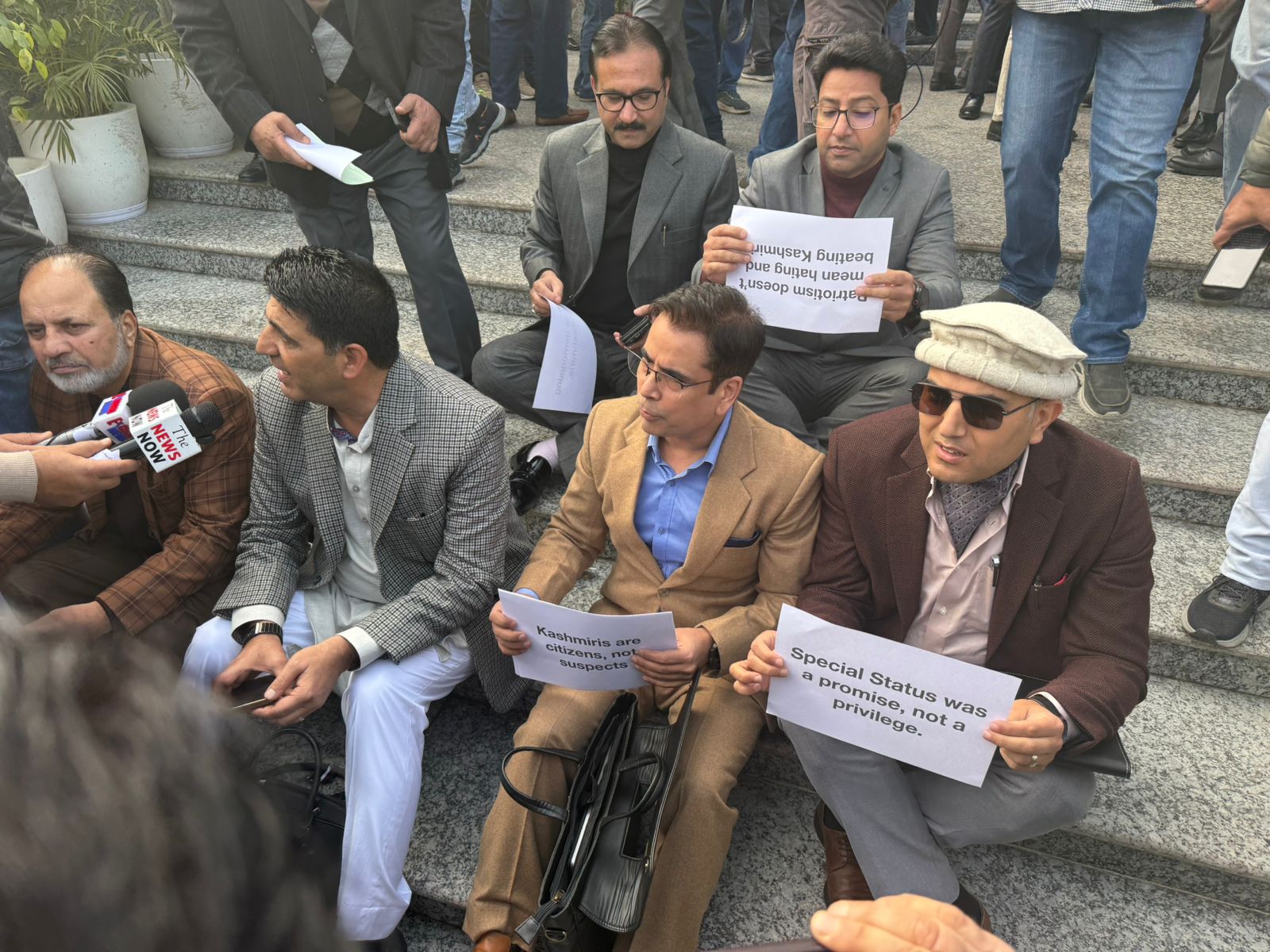‘I pray Allah to sustain me upon the Jurisprudence of Iman Ahmad Bin Hanbal in all matters of Islamic belief, rules and Fiqh. I pray Allah to let me die on Hanbali beliefs, I pray Allah to raise me with Imam Ahmad bin Hanbal on the Day of Judgement, Sheikh Jeelani in his book, Ghani ‘at al-Talibeen)
Name, Birth and Lineage
According to Islamic records, the full name of Sheikh Abdul Qadir Jeelani (RA), is Abdul Qadir Bin Abi Saleh Abdullah Bin Jan’ki Al-Dousut Jeeli Al-Hanbali. His ‘Kunniyat’, a calling name used in Islamic Literacy, is attributed as ‘Abu Muhammad’, and his title is ‘Sheikh-ul-Islam’.
He was born in Jilaan, in 471 Hijri of Islamic Calendar. Jilaan is a province in the northwestern part of Iran and is also regionally known as Jilan or Kelan.
Islamic historians have linked his lineage up to Hassan Ibni Ali (RA) and Hussain Ibni Ali (RA), two grandsons of Islamic Prophet Muhammad (PBUH). Many of the Scholars have also affirmed his Surname as ‘Jeelani or Keelani’ due to reginal affinity. In addition, top Islamic Jurist’s Iman Simani and Iman Ahmad bin Rajab has mentioned his title as ‘Iman Al-Hanaballah’, meaning a Jurist (Faqih) of Hanbali Jurisprudence.
Education
Sheikh Jeelani’s early education isn’t mentioned in any Islamic literature. However, many Islamic Historians and Philosophers have stated that he went to Baghdad, Iran’s Capital City for Islamic Education at the age of 18.
Further, Sheikh Jeelani (RA), himself narrates how he consented his mother for seeking knowledge:
“I said to my mother, put me in the service of Allah, allow me to go to Baghdad to engage with knowledge and visit the righteous. Mother started crying, but allowed me to travel on an oath that ‘I Shall be subject to Righteous and Truthful in all accounts of life’.
He further narrates that when his mother came to the outer courtyard of his room in order to say him a goodbye and she finally said, ‘I accept your separation, in the way of Allah. I won’t see you until tomorrow’
Sheikh Noor-u-din Jaami, 817 Hijri’s, Hanafi Jurist, has marked an explanation on the final words of Sheikh Jeelani’s (RA) mother, Sheikh Jaami, says here, ‘I won’t see you until tomorrow’ means ‘Until the Day of Judgement’. (Mentioned in Jaami’s Book Nafhatul Al-Anas)
Sheikh Jeelani’s Teachers
Imam Shamas Ad-Din Dha’habi (RA), 672 Hijri’s Shaafi Jurist, has lined various names among the teachers of Sheikh Jeelani.
Abu Sa’d al-Mukhrami, Abu Ghalib (Muhammad bin Hasan) al-Baqlani, Ahmad bin Muzaffar bin Suss, Abu Qasim bin Bayan, Ja’far bin Ahmad bin Siraj, Abu Sa’d bin Khashish, Abu Talib al-Yusufi and others.
Besides Imam Dha’habi (RA), other scholars have also listed Abu Zakareya bin Ali bin Khatib Tabrizi, Abu Al-Wafa Ali bin Aqeel Baghdadi, and Sheikh Hamad Al-Bass among his teachers.
Sheikh Jeelani’s Children’s
Imam Dha’habi (RA), while quoting Abdur Razzaq, the son of Sheikh Jeelani (RA) says, Sheikh Jeelani (RA) had 49 children among them 27 were sons and the rest were daughters.
Sheikh Jeelani’s teachings:
After completing his education, Sheikh Jeelani (RA), made preaching and teaching the motto of his life, with sincerity he started his series of classes in Baghdad. Soon after, sometime Allah blessed his hard work and teachings. And his teaching circle became the largest educational training circle of his era.
Even the rulers of the time, nobles, ministers and great dignitaries considered it a privilege to attend his Islamic lectures. This series of sermons, in which many of the people fell into the hands of the Sheikh Jeelani continued until his death.
Imam Abu Al-Fida Ibni Kathir (RA), top Islamic Historian and Shaafi Jurist of 701 Hijri while mentioning the engagements of Sheikh Jeelani, says:
‘After coming to Baghdad, Sheikh Jeelani (RA) studied Hadith and Fiqh, Islamic Jurisprudence from a Hanbali Scholar known as Abu Sayeed Mukharmi Al-Hanbali. Ibn Kathir, further mentions that Abu Sayeed Makhrami had a ‘Madrasa’, Islamic School used for teaching purpose, which he handed over to Sheikh Jeelani (RA). In this madrasa, the Sheikh Jeelani (RA) used to hold sermons and meetings of Islamic education for the greatly benefit of the people’.
Shiekh Jeelani’s Work
Scholars have considered only three books as the main work of Sheikh Jeelani (RA). While the rest of the book compiled on Sheikh Jeelani’s (RA) name are by some of his disciples.
1) Ghani ‘at al-Talibeen: This is the famous book of Sheikh Jeelani (RA), but its original and proposed name is: Al-Ghani’at al-Talabi Tarikh al-Haq. This book mainly deals with Islamic Laws under Hanbali Jurisprudence. Ibn Kathir and Allama Ibn Taimiyyah, both regards Ghani ‘at al-Talibeen as the book of Sheikh Jeelani (RA).
(2) Fatu’hul Al-Gae’b: This book contains 78 different Chapter wise narrations of the Sheikh Jeelani (RA), such, fear, hope and pleasure.
Ibn Kathir while commenting on this book says, ‘There are many good things in this book (Fatu’hul Al-Gae’b), but we (scholars) have also recorded many weak and subjective statements in this book.
(3) Al-Fateh al-Rabani Wa’l-Fa’iz al-Rahmani: This book contains 22 different sayings of the Sheikh Jeelani (RA). And it is also counted among the permanent work of the Sheikh Jeelani (RA) by Scholars.
4) Al-Fa’ewzaat al-Rabaniyah fi al-Ma’asr al-Walad al-Qadiriya: It has been collected by a disciple of Sheikh Jeelani (RA) named Isma’il bin Sayyid Muhammad al-Qadri. Hanbali and Salafi Scholars have raised question over the book citing erudite scholarship and myths.
(5) Al-Awarad al-Qadiriyyah: This book is also based on some anecdotes myths. Scholars state that it was prepared by Muhammad Salem Buab and attributed to the Sheikh Jeelani (RA).
Sheikh Jeelani’s Jurisprudence:
All the top-level Islamic Jurists like Imam al-Dha’habi, Abd al-Haib bin Imad al-Kibli Al-Hanbali, Ibn Kathir, Ibn Taimiyyah, Muhammad bin Shakir al-Kathi have uniformly formed the opinion that Sheikh Jeelani (RA) was an expert in legal issues but he was the follower of Hanbali Jurisprudence, created by 164 Hijri top Sunni Scholar Ahmad bin Hanbal Al-Shaibani (RA).
Moreover, Sheikh Jeelani (RA), also by himself confirms his Jurisprudence in his book Ghani ‘at al-Talibeen, Sheikh Jeelani says “
‘I pray Allah to sustain me upon the Jurisprudence of Iman Ahmad Bin Hanbal in all matters of belief, rules and Fiqh. I pray Allah to let me die on Hanbali beliefs, I pray Allah to raise me with Imam Ahmad bin Hanbal on the Day of Judgement’
Sheikh Jeelani’s Death:
Iman Dha’habi, mentions that Sheikh Jeelani (RA) lived for 90 years and finally died on 10- Rab’iyul Aawa’ll 561 Hijri of Islamic Calendar. His dead body was laid to rest in Baghdad.
(This Profile of Sheikh Jeelani is subject to the source of Islamic literature mentioned as: – Si’yar Aa’laam Al-Nu’bulaa, Nafhatul Al-Anas, Dai ‘Ratul Maarif Islamic Encyclopaedia, Fawat Al-Wafiyaat, Al- Bidaa’yah Wan’Niha’yah, Shajarat al-Dishab, Fatawa Ibn Taimiyyah, Shajarat al-Dhahab, Qatad al-Wafiyat, Al-Bada’ah and Al-Kashf Al-Zanoon).













